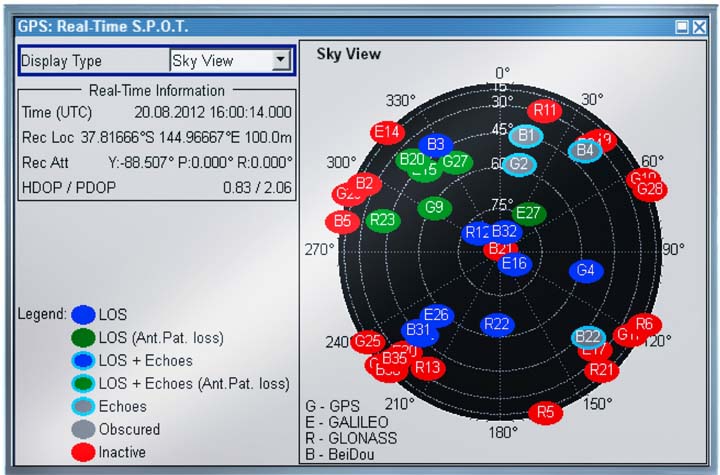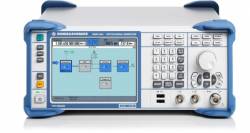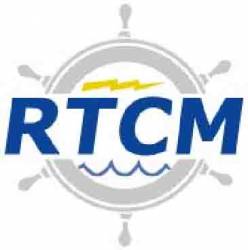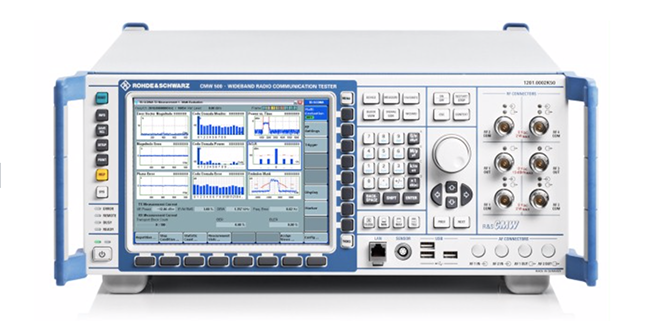 R&S SMBV100A screenshot with K107 BeiDou option
R&S SMBV100A screenshot with K107 BeiDou optionRohde & Schwarz has added BeiDou functionality to its GNSS simulator integrated into the company’s R&S SMBV100A vector signal generator. With the R&S SMBV-K107 option the GNSS simulator now covers the BeiDou standard as well as those for GPS, Galileo, and GLONASS.
Rohde & Schwarz has added BeiDou functionality to its GNSS simulator integrated into the company’s R&S SMBV100A vector signal generator. With the R&S SMBV-K107 option the GNSS simulator now covers the BeiDou standard as well as those for GPS, Galileo, and GLONASS.
Now available, the new option allows users to generate real-time scenarios with up to 24 BeiDou satellites. According to the company, the R&S SMBV-K107 supports all possible BeiDou orbits and can therefore even simulate satellites that are not yet in orbit. It also supports hybrid scenarios with GPS, Galileo, or GLONASS signals and satellites. A software update simplifies the BeiDou upgrade; no hardware modifications are required.
The R&S SMBV100A enables users to define their own satellite scenarios in order to test GNSS receivers under diverse conditions. A wide range of options are available for simulating realistic effects such as signal obscuration and multipath propagation. These scenarios can now be configured for BeiDou as well.
In addition to GNSS signals, the R&S SMBV100A can simulate mobile radio, wireless and radio standards, allowing users to test several functions with a single instrument.






